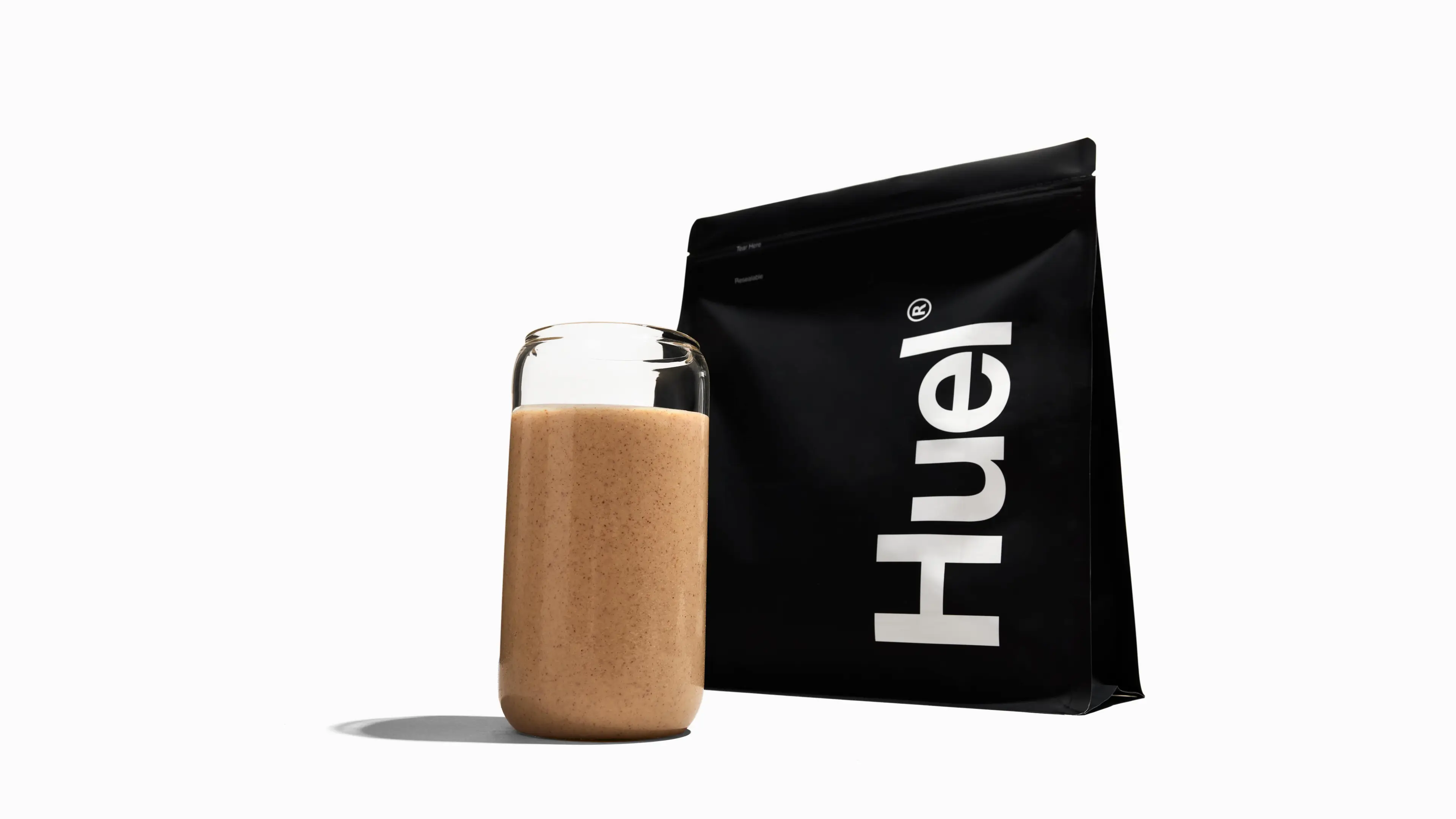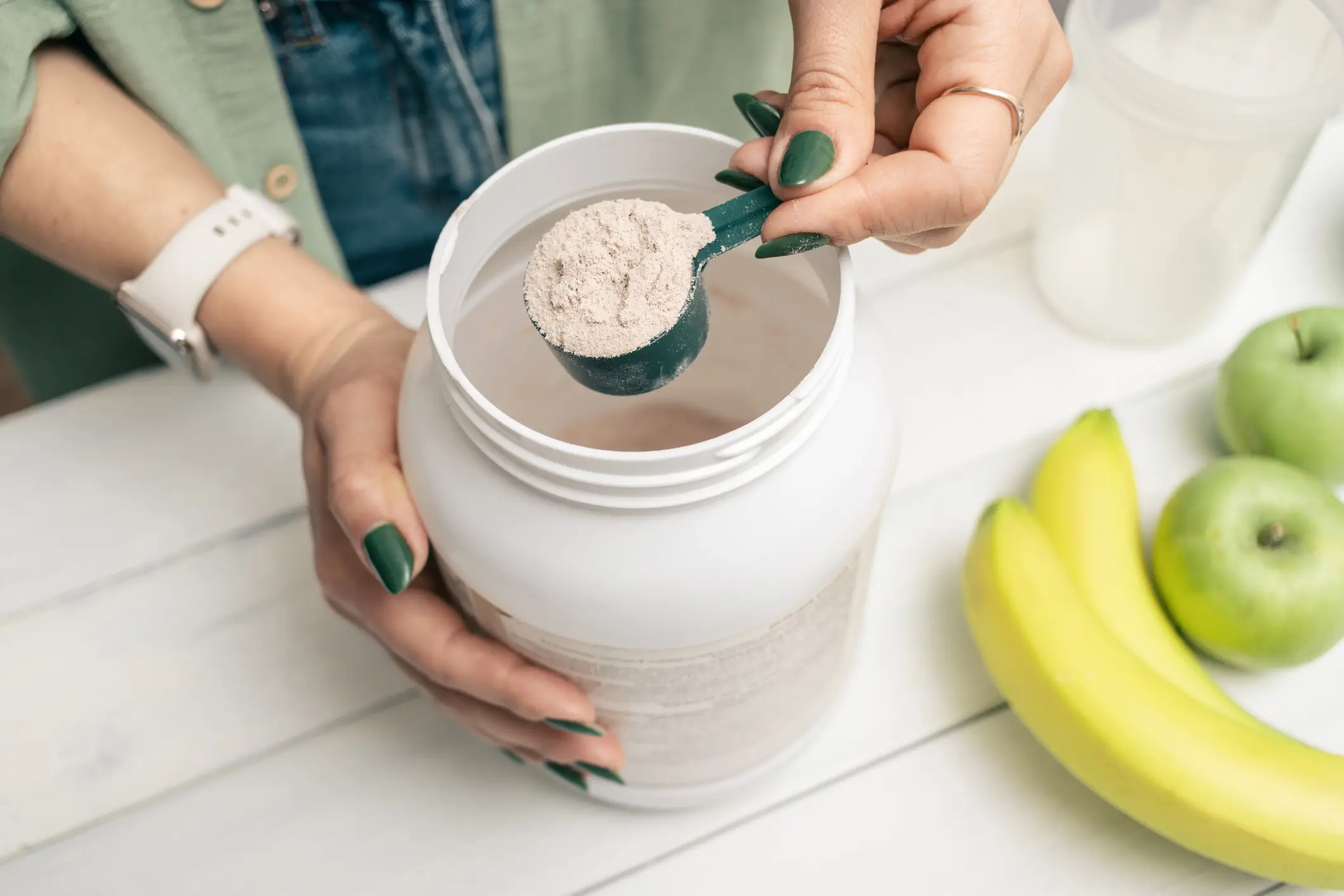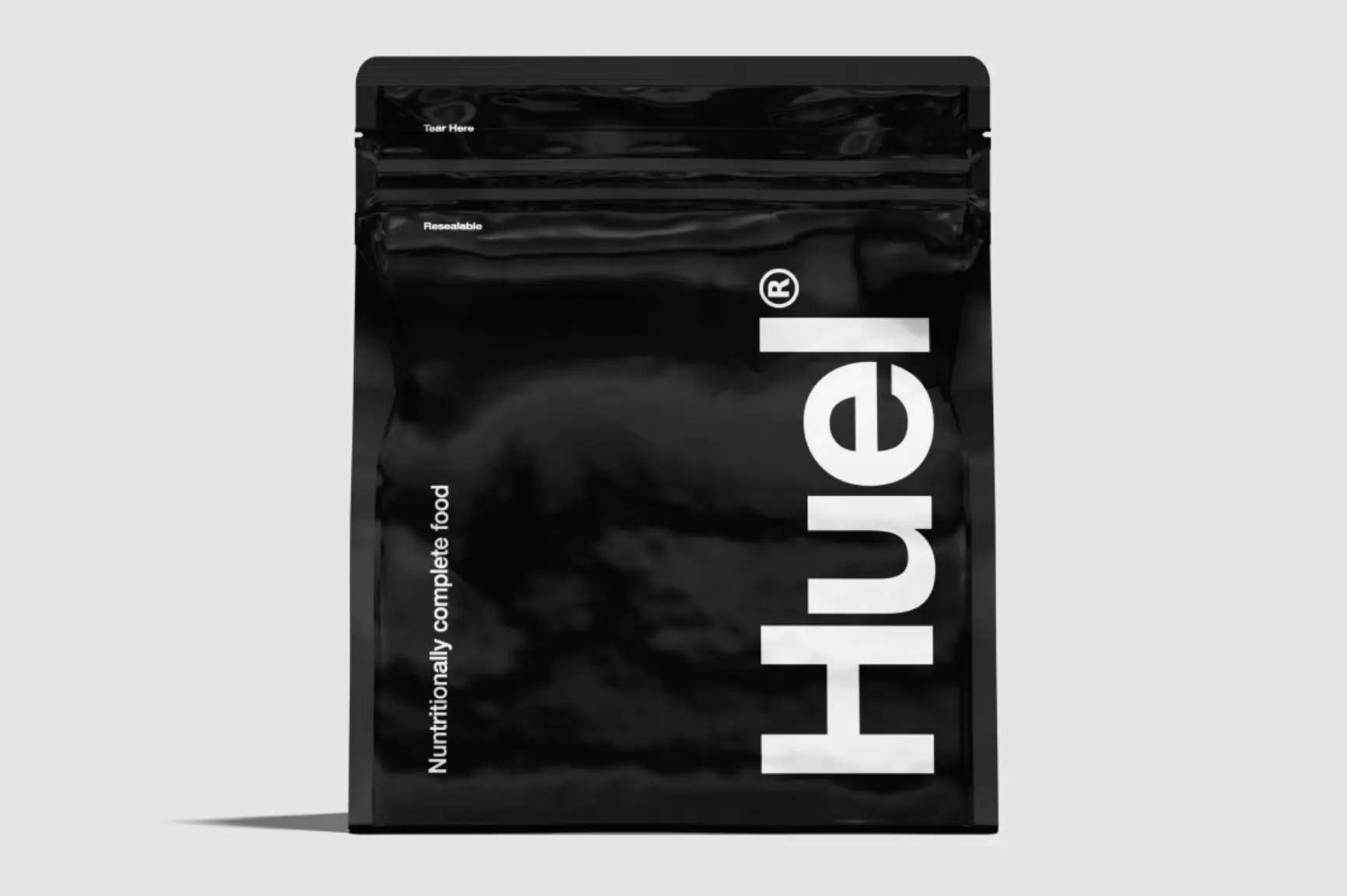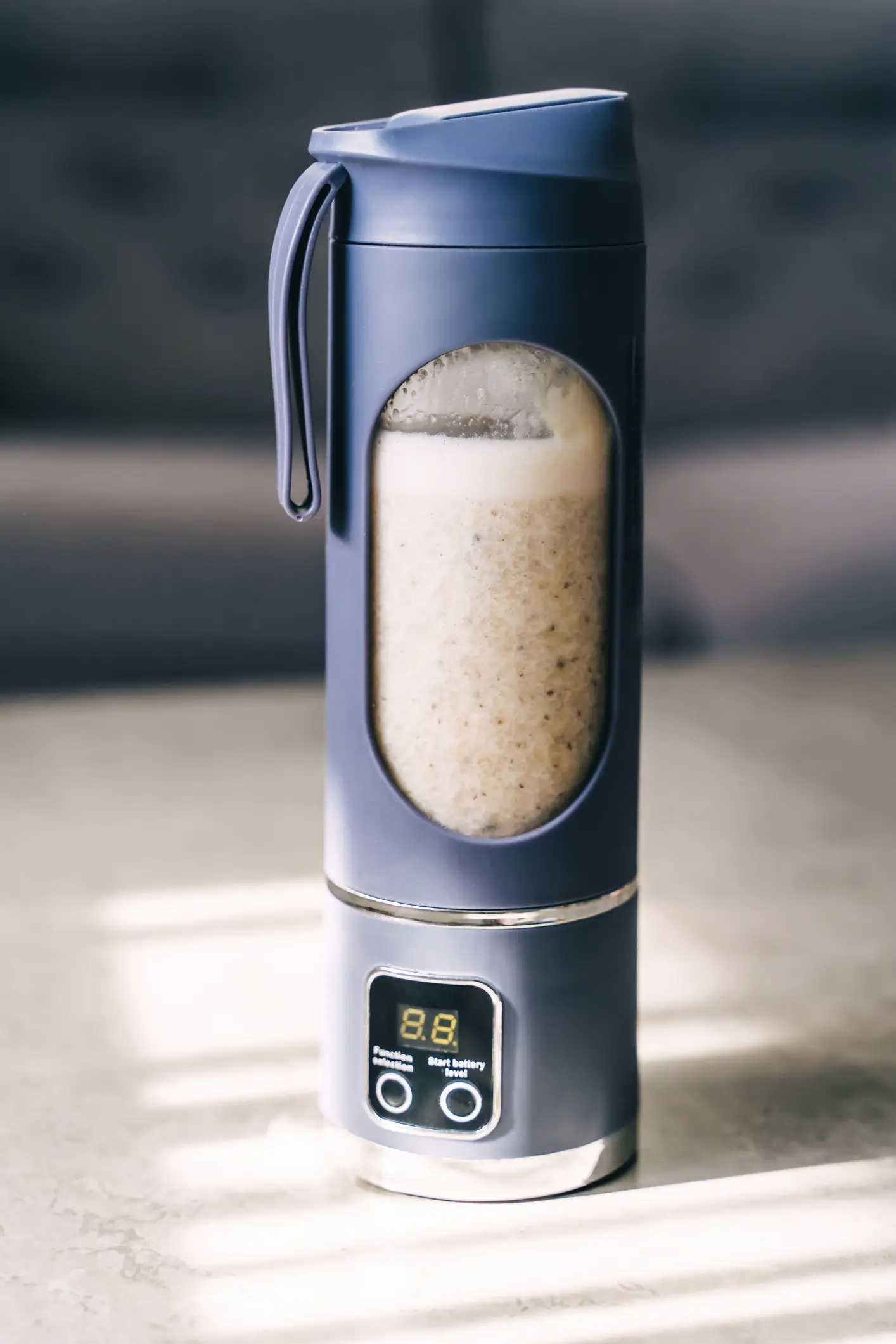
A new study has found that some protein supplements may contain an unsafe amount of an ingredient deemed to be 'toxic'.
Consumer Reports carried out an investigation looking at the things that make up the supplements, which millions of fitness nuts rush to buy under the impression that it will boost their health and help them get closer to their goals.
But as you'll know from past studies, there are a number of ingredients in these powders which you wouldn't necessarily expect, and it might make you chuck your bag of whey in the bin.
The investigation from Consumer Reports found that numerous products in the US, particularly, have been contaminated with several 'toxic heavy metals' which can be harmful to humans.
Advert
The nonprofit organisation is known for its unbiased product testing and journalism to keep consumers informed about potential health risks.
Consumer Reports (CR) conducted a previous investigation in 2010, but they've claimed that things in the 'multibillion' dollar industry have only worsened since then, with the level of contamination varying from product to product and lead in particular being a common feature.

They tested 23 protein powders and shakes from popular brands, deducing that heavy metal contamination has become more common, as they found that a single serving of over two-thirds of products tested had 'more lead than CR’s food safety experts say is safe to consume in a day', with some even surpassing the limit 10 times over.
Tunde Akinleye, the food safety researcher and lead of the project, said: “It’s concerning that these results are even worse than the last time we tested.”
Fewer products had undetectable amounts of lead, while some had so much that it was recommended that people avoid using them altogether. One of the products they advised readers to 'avoid' was Huel Black Edition.
Other ingredients that CR tested for were arsenic and cadmium, the latter of which was found in excess amounts, 9.2 micrograms to be exact, in the Huel product in the US.
They report that long-term lead exposure has been linked to potential long-term health issues, such as neurological and developmental damage in children and pregnant women, while kidney issues, high blood pressure, and a weakened immune system could be a possible result of long-term use of the product in adults.

While California's guidelines stand at 0.5 micrograms a day for lead, some products had 1,600 per cent of CR's level of concern for the ingredient, with Huel Black edition surpassing it by over 1,200 per cent.
The UK, on the other hand, limits led to 270 micrograms of lead per serving, as per guidance from the European Food Safety Authority.
Huel have since responded to the CR investigation, explaining on their website: "A recent article from Consumer Reports raised concerns about heavy metals in some protein powders, and Huel was among the brands mentioned. We understand that headlines like these can sound worrying, and we want to give you clear, evidence-based answers.
"While we respect efforts to investigate food safety, the comparison used in that report doesn’t reflect how trace minerals are evaluated by scientists or regulators."
They claim that these 'trace minerals' appear in crops as plants absorb them from the soil as they grow, something which 'isn't unique to Huel', as it's 'a normal part of how food is grown'.
Huel added: "For context, a typical meal of sausage, potatoes, and vegetables can contain around 5 micrograms (µg) of lead, and most adults naturally consume 20 to 80 µg per day through everyday foods. Huel is no different from everyday meals in this respect."

While lead contamination can occur naturally as the metal is found in the Earth's crust, it can be affected by factors such as pollution, industrial waste and contaminated water.
Huel say that all products are 'tested by independent, accredited labs in the UK and U.S. for lead, cadmium, arsenic, and mercury', highlighting that their products are 'safe'.
"Huel Black Edition Powder has been tested 17 times in recent years and is NSF Certified, meaning one of the strictest global safety standards," they wrote on their website, adding that there was 'no detectable lead'.
"Huel’s results are consistent with everyday meals and fall well within global food safety standards," the company said in response. "Even when using Consumer Reports’ own data, Huel remains well within every recognised food safety threshold worldwide."
If you're panicking about your intake, not to worry, as Akinleye clarified: “There’s no reason to panic if you’ve been taking any of the products we tested, since many of these protein powders are fine to use occasionally and none of them will cause immediate harm,
“But regular users of protein supplements should consider reducing their consumption.”
Steve Adie, Head of Standards Policy, with responsibility for food supplements at the FSA said in a statement to LADbible: "All food sold must be safe, and we monitor standards here to protect consumers. Businesses are responsible for selling food that meets legal requirements. If any product exceeds safe limits, then we work with local authorities who can investigate this and take appropriate action.
"Consumers who have any concerns should contact their local authority food team. When we identify unsafe food on the market, we take rapid action to alert consumers. Go to food.gov.uk to sign up for these alerts."
Topics: Health, Food And Drink, Science, US News, UK News